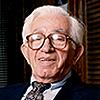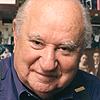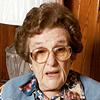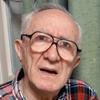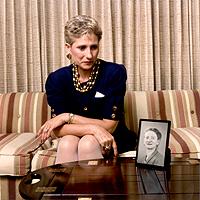You will be hearing the voices of survivors. The immediacy of hearing someone’s voice is a direct and personal experience. Some of the audio recordings tell of incidents related in the texts of the Survivors Stories. Other recordings expand on the stories with additional anecdotes, and with songs and with prayers. A verbatim transcription is provided to help the listener understand the speaker and a translation is provided when a foreign language is spoken.
